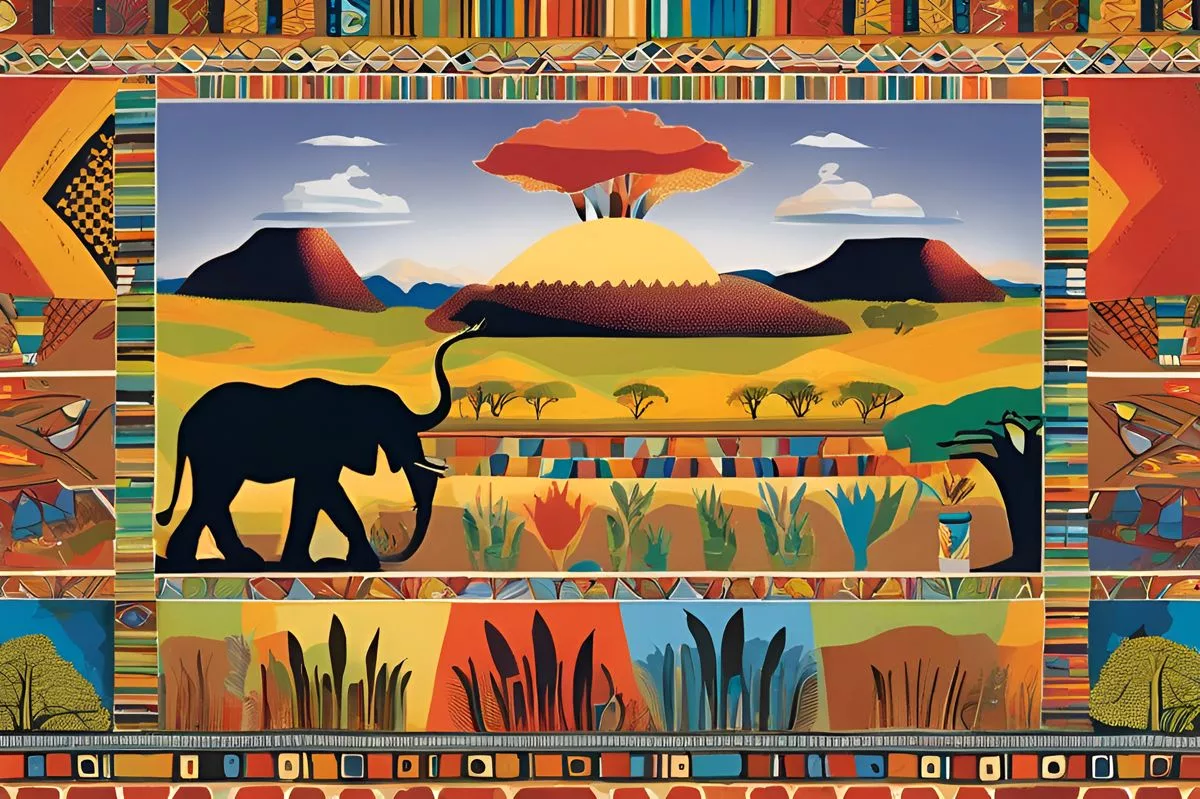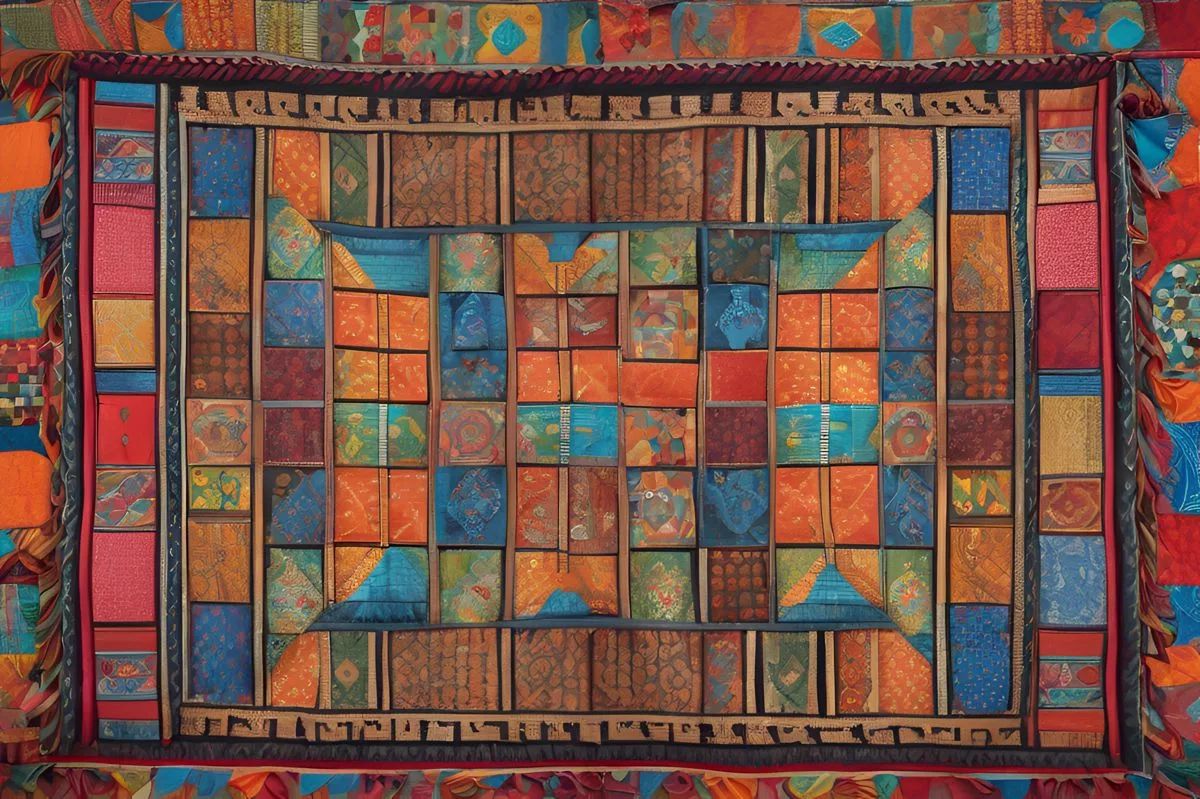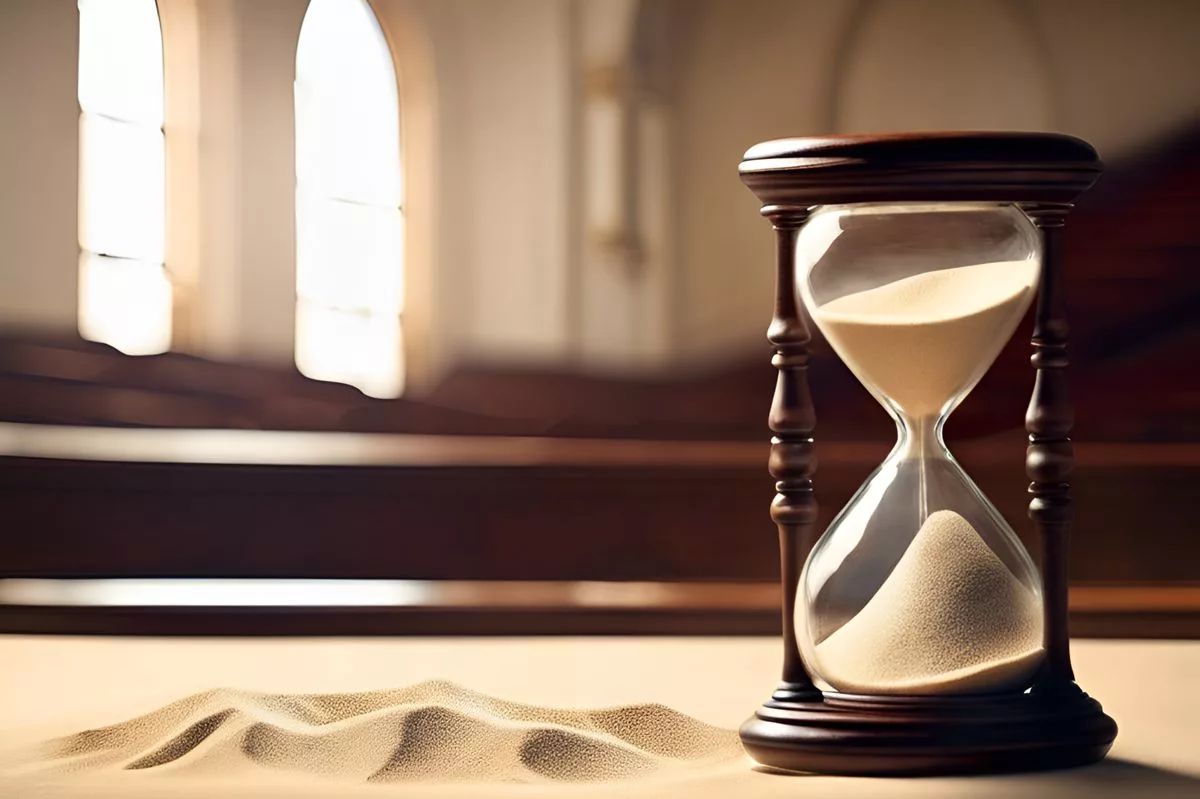Heritage Day in South Africa is a joyful celebration of the country’s rich and diverse cultures, reminding everyone of the strength found in unity. Acting President Paul Mashatile’s recent speech highlighted the challenges of climate change and the importance of preserving cultural sites, linking the past with the present. He honored the brave heroes who fought for freedom and called for a shared commitment to protect both our cultural identity and natural heritage. Mashatile also emphasized the value of languages and traditions, urging South Africans to celebrate their unique backgrounds while working together for a brighter future. This day is a powerful reminder of the beauty of South African heritage and the ongoing journey towards equality and respect for all.
What is the significance of Heritage Day in South Africa?
Heritage Day in South Africa celebrates the country’s diverse cultural heritage and promotes unity. It highlights the importance of preserving cultural identity amidst challenges like climate change and socio-economic issues. The day honors past heroes and encourages showcasing heritage sites as key tourist destinations for growth.
The Significance of Heritage Day
On Heritage Day, Acting President Paul Mashatile delivered a powerful speech at Meqheleng Stadium in Ficksburg, Free State Province. Addressing a diverse audience of dignitaries, traditional leaders, and citizens, Mashatile’s words resonated with a sense of unity and celebration. His speech seamlessly combined storytelling and analytical insights, capturing the vibrant essence of South Africa’s heritage and the contemporary challenges facing the nation.
The timing of Heritage Day, juxtaposed with recent severe weather events in KwaZulu-Natal, Eastern Cape, and Free State, underscored the interconnectedness of nature and culture. Mashatile emphasized that climate change poses a dual threat: it endangers our physical well-being and puts cultural sites that define our national identity at risk. This intersection between environmental conservation and cultural preservation highlights the urgent need for advanced weather prediction technologies. These innovations can provide early warnings to protect lives and safeguard our cultural legacy.
Mashatile called upon the Department of Sports, Arts, and Culture to formulate policies addressing the effects of climate change on historical heritage. He stressed the necessity of preserving cultural identity amidst global challenges. This message resonated strongly with the audience, reinforcing the idea that heritage is dynamic and requires ongoing efforts to be protected and celebrated.
Heritage and Tourism: A Synergy for Growth
Heritage Day also coincides with Tourism Month, a synergy that Mashatile keenly acknowledged. He urged the nation to highlight heritage sites as premier tourist destinations, with the potential to drive socio-economic development and foster human connections. This dual celebration of heritage and tourism paints a picture of a country that values its past while leveraging it for future growth. The stories etched in South Africa’s landscapes and monuments can draw global visitors, enriching both the economy and cultural understanding.
As Mashatile delved into the significance of Heritage Day, he commemorated renowned freedom fighters like JB Marks and Moses Kotane. Their sacrifices in the struggle against apartheid laid the foundation for the freedoms enjoyed today. This year’s theme, “Celebrating the Lives of Our Heroes and Heroines Who Laid Down Their Lives for Our Freedom,” aptly honors these individuals. These heroes faced adversity with unwavering bravery, embodying the spirit of resistance and resilience that defines South Africa.
Mashatile’s narrative took a poignant turn as he announced the upcoming homecoming ceremony for the repatriated remains of struggle stalwarts from Zambia and Zimbabwe. This act of repatriation is part of the Resistance and Liberation Heritage Route Project, a national memory initiative. By bringing these heroes home, South Africa acknowledges their contributions and ensures their stories remain integral to the national narrative.
The Role of Artists, Intellectuals, and Ongoing Challenges
Mashatile also highlighted the critical role of artists and intellectuals in the liberation struggle. These creative minds used their talents to spotlight the realities and demands of the fight for democracy. Their contributions remind us that heritage encompasses not just historical events but also cultural expressions that articulate our collective experience. This broader understanding of heritage enriches our appreciation of the diverse ways in which individuals have shaped the nation.
Three decades into democracy, Mashatile acknowledged the persistent challenges of unemployment, poverty, and inequality. Addressing these issues requires unity and a commitment to creating a society where opportunities are accessible to all, regardless of color, gender, class, or religion. This vision of an equitable society aligns with the values enshrined in the Constitution, emphasizing democratic principles, social justice, and human rights.
Mashatile’s speech also did not shy away from addressing Gender-Based Violence and Femicide (GBVF). He underscored the government’s commitment to combating GBVF through new legislation and strategic leadership. The National Council on Gender-Based Violence and Femicide Bill, signed into law in May 2024, represents a significant step in protecting vulnerable groups. This legislative effort, combined with societal collaboration, aims to eradicate GBVF and promote a culture of respect and dignity.
Intangible Heritage: Languages and Cultural Practices
Heritage conservation, according to Mashatile, extends beyond preserving physical sites to include intangible cultural practices. These practices, which encompass oral history, belief systems, and indigenous knowledge, form the backbone of our national identity. By safeguarding these elements, future generations will inherit a rich tapestry of cultural traditions and values.
Languages, as crucial components of intangible heritage, received particular emphasis. Mashatile called for the protection and promotion of native languages, urging South Africans to take pride in their linguistic heritage. Learning each other’s languages fosters mutual respect and understanding, strengthening the bonds of a diverse society. Institutions like the Pan South African Language Board play a pivotal role in preventing linguistic extinction and promoting cultural richness.
Mashatile’s address, imbued with historical references and contemporary insights, painted a comprehensive picture of South Africa’s heritage. It underscored the importance of remembering the sacrifices of those who fought for freedom while celebrating the cultural diversity that defines the nation. As former President Nelson Mandela once said, “our rich and varied cultural heritage has a profound power to help build our new nation.” This sentiment encapsulates the spirit of Heritage Day, a day to honor the past, celebrate the present, and envision a united future.
By weaving together themes of environmental conservation, socio-economic development, cultural preservation, and the ongoing fight against social injustices, Mashatile’s speech offered a holistic view of what it means to safeguard and celebrate South African heritage.
“`markdown
FAQ: Heritage Day in South Africa
What is the significance of Heritage Day in South Africa?
Heritage Day is a celebration of South Africa’s rich and diverse cultures, promoting unity and the importance of preserving cultural identity. It honors past heroes and encourages the showcasing of heritage sites as essential tourist destinations, contributing to socio-economic growth.
How does Heritage Day relate to climate change?
Acting President Paul Mashatile highlighted the challenges posed by climate change, which threatens both physical well-being and cultural sites that define national identity. Heritage Day serves as a reminder of the interconnectedness between environmental conservation and cultural preservation.
Why is the theme “Celebrating the Lives of Our Heroes and Heroines Who Laid Down Their Lives for Our Freedom” important?
This theme honors the sacrifices made by freedom fighters like JB Marks and Moses Kotane in the struggle against apartheid. It reinforces the spirit of resistance and resilience that characterizes South Africa’s journey towards freedom and equality.
How does Heritage Day integrate with Tourism Month?
Heritage Day coincides with Tourism Month, creating an opportunity to promote heritage sites as key tourist attractions. This synergy can drive socio-economic development while fostering connections between visitors and the rich cultural history of the nation.
What role do artists and intellectuals play in South Africa’s heritage?
Artists and intellectuals have significantly contributed to the liberation struggle by using their talents to raise awareness about the fight for democracy. This contribution highlights that heritage encompasses not just historical events but also the cultural expressions that shape the nation.
How does the government address ongoing social challenges on Heritage Day?
Mashatile acknowledged ongoing issues like unemployment, poverty, and inequality, emphasizing the need for unity to create an equitable society. His speech also addressed Gender-Based Violence and Femicide, showcasing the government’s commitment to legislative efforts aimed at protecting vulnerable groups and promoting social justice.
“`












